This past weekend saw BU Visiting Professor Padam Simkhada, who is a Professor of International Public Health in the Public Health Institute at Liverpool John Moores University (LJMU), delivering the keynote speech in an International Conference on Mixed-Methods Research (ICMMR 2019). 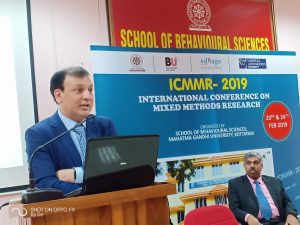 His presentation at the conference, held at the Mahatma Gandhi University in Kerala (India), was held on Saturday. The next day (Sunday 24th February) the two Bournemouth University academics Dr. Pramod Regmi and Prof. Edwin van Teijlingen and facilitated a session on academic publishing under the heading “Meet the editors” via Skype. Over 200 delegates from 10 countries, mainly from India and other South Asian countries participated in the conference.
His presentation at the conference, held at the Mahatma Gandhi University in Kerala (India), was held on Saturday. The next day (Sunday 24th February) the two Bournemouth University academics Dr. Pramod Regmi and Prof. Edwin van Teijlingen and facilitated a session on academic publishing under the heading “Meet the editors” via Skype. Over 200 delegates from 10 countries, mainly from India and other South Asian countries participated in the conference.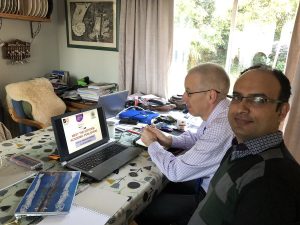
 BU focuses its global collaborations on three geographical areas, one of these is the Indian sub-continent. Connect India is BU’s strategic Hub of Practice for the Indian sub-continent, bringing together a community of researchers, educators, practitioners and students to collaborate with colleagues in India and Nepal.
BU focuses its global collaborations on three geographical areas, one of these is the Indian sub-continent. Connect India is BU’s strategic Hub of Practice for the Indian sub-continent, bringing together a community of researchers, educators, practitioners and students to collaborate with colleagues in India and Nepal.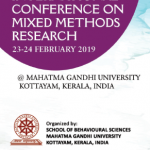

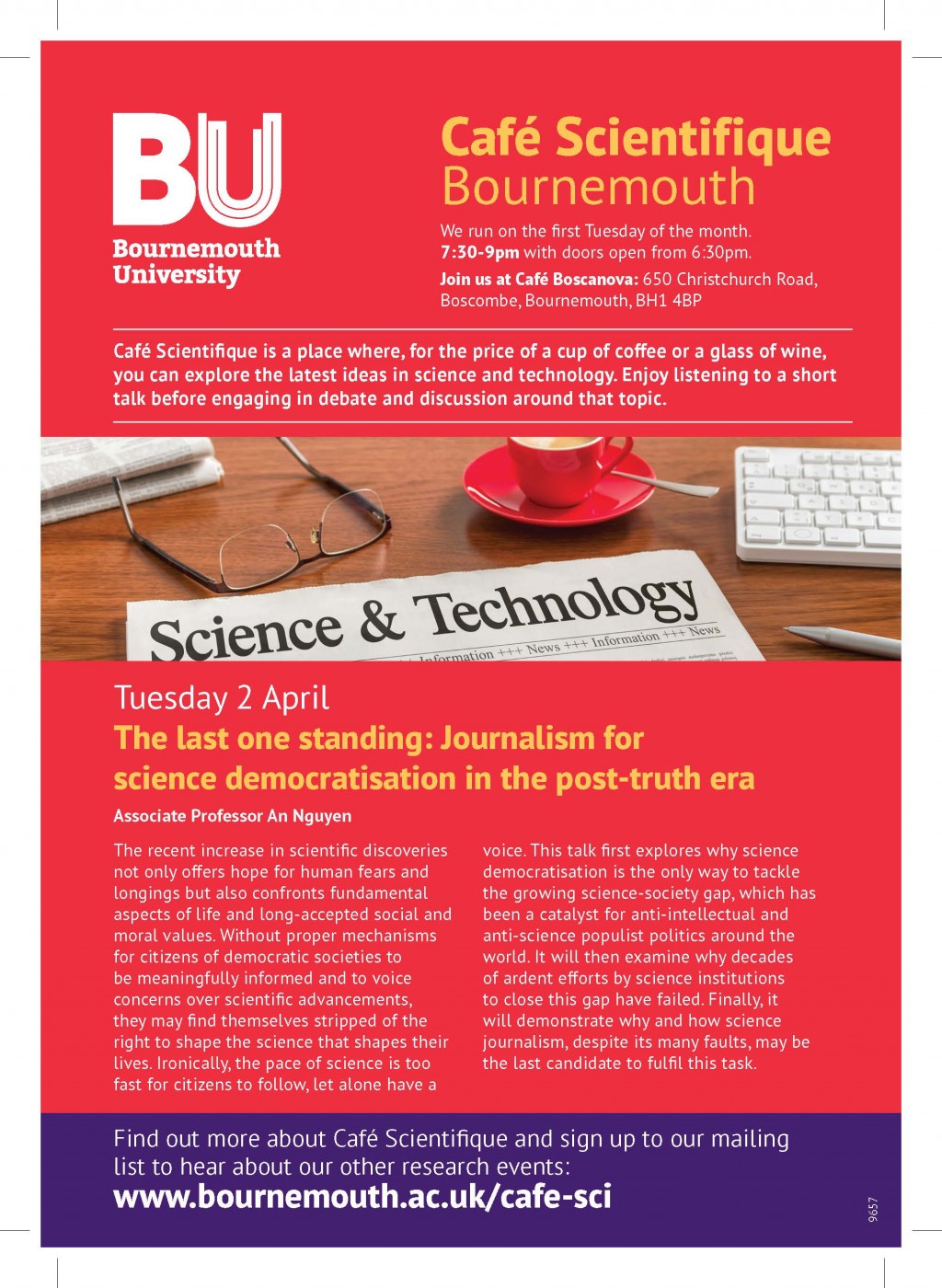

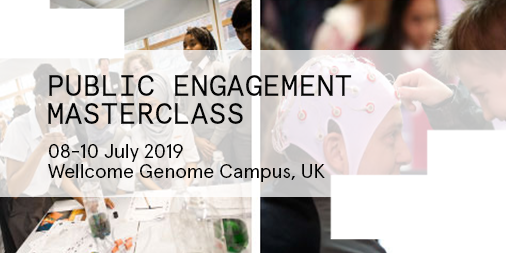 Applications are now invited for a
Applications are now invited for a  If you would like your research to have a real impact on policy decisions at a national level, you may want to book onto Achieving Policy Impact in the UK Parliament – a special workshop run by Sarah Foxen of the Parliamentary Office for Science and Technology (POST), the UK parliament’s knowledge exchange unit.
If you would like your research to have a real impact on policy decisions at a national level, you may want to book onto Achieving Policy Impact in the UK Parliament – a special workshop run by Sarah Foxen of the Parliamentary Office for Science and Technology (POST), the UK parliament’s knowledge exchange unit.
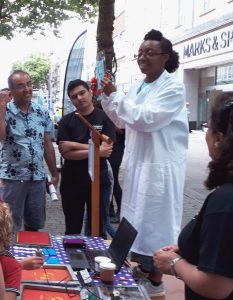



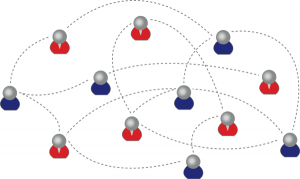











 Expand Your Impact: Collaboration and Networking Workshops for Researchers
Expand Your Impact: Collaboration and Networking Workshops for Researchers Visiting Prof. Sujan Marahatta presenting at BU
Visiting Prof. Sujan Marahatta presenting at BU 3C Event: Research Culture, Community & Can you Guess Who? Thursday 26 March 1-2pm
3C Event: Research Culture, Community & Can you Guess Who? Thursday 26 March 1-2pm UKCGE Recognised Research Supervision Programme: Deadline Approaching
UKCGE Recognised Research Supervision Programme: Deadline Approaching ECR Funding Open Call: Research Culture & Community Grant – Apply now
ECR Funding Open Call: Research Culture & Community Grant – Apply now ECR Funding Open Call: Research Culture & Community Grant – Application Deadline Friday 12 December
ECR Funding Open Call: Research Culture & Community Grant – Application Deadline Friday 12 December MSCA Postdoctoral Fellowships 2025 Call
MSCA Postdoctoral Fellowships 2025 Call ERC Advanced Grant 2025 Webinar
ERC Advanced Grant 2025 Webinar Update on UKRO services
Update on UKRO services European research project exploring use of ‘virtual twins’ to better manage metabolic associated fatty liver disease
European research project exploring use of ‘virtual twins’ to better manage metabolic associated fatty liver disease